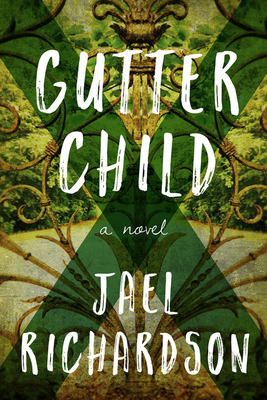What do you think?
Rate this book


370 pages, Paperback
First published January 26, 2021
I stop, and when Josephine turns to me, I whisper the only words I can manage, my throat still thick and tight: “I don’t belong here. You’re all...I’m not...I’m not a Gutter child.”
When I drew pictures of Mother and me, I used Peach for her and Chestnut for myself. “Why is your skin named after something soft and sweet and mine is something hard and bitter?” “Because you are so much tougher,” she said. I thought that was a very good answer. And maybe it’s true. But I am forced to be tough. It takes a particular kind of strength to exist in a world where you are not wanted that doesn’t feel like strength at all. Like giving up or giving in would be easier, smarter even. Maybe this is my chestnut, my toughness. The fact that I am still here.
Gutter folk are poor in position, but don’t nobody do family like us. And we don’t have to be family to be family, if you know what I’m saying. Wherever we are, we find family.
There’s a long quiet where I just sit and think, listening to the wind. Part of me wants to be angry, but part of me wants to forgive. And I lift my knees and put my head in my hands because I don’t know which feeling to let in.